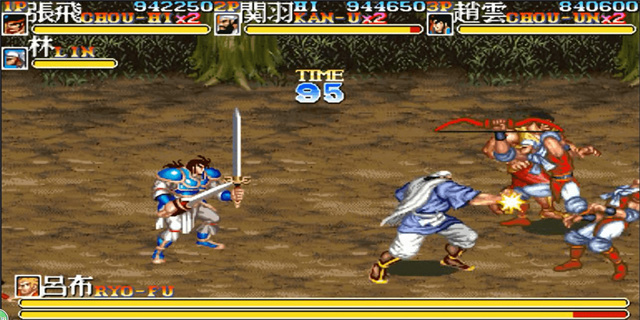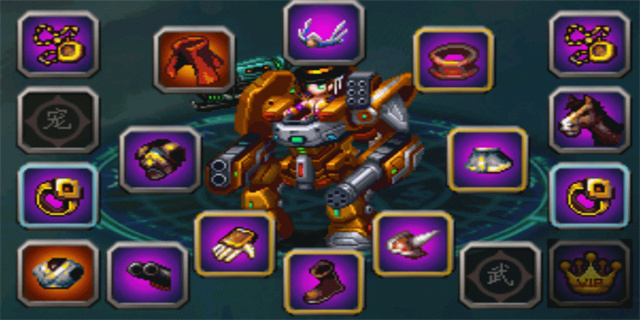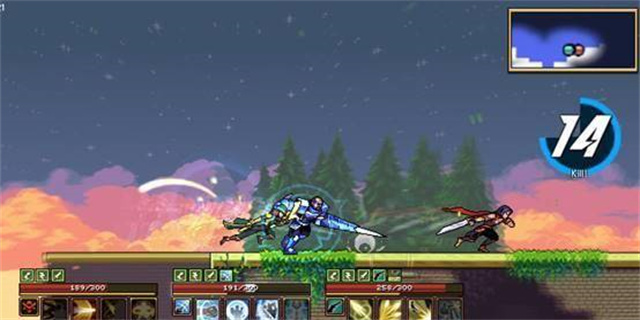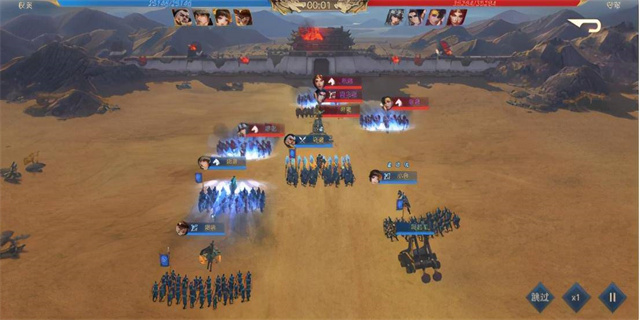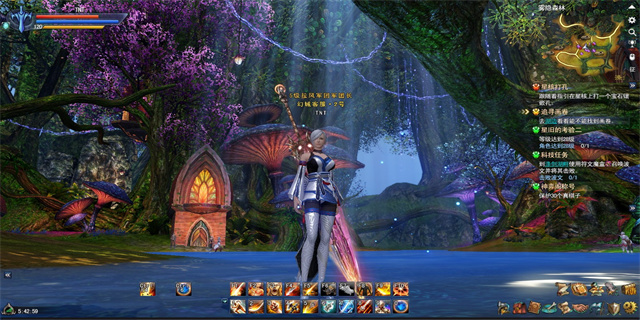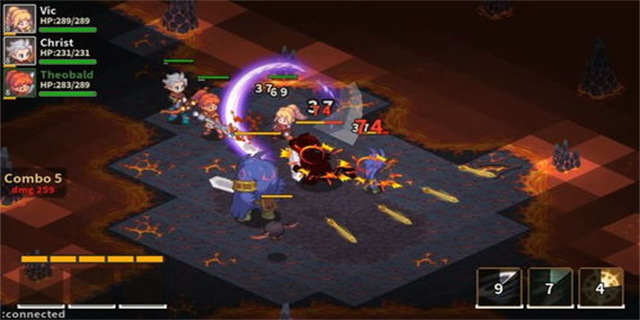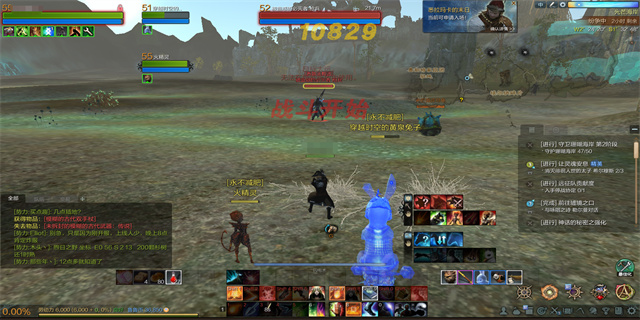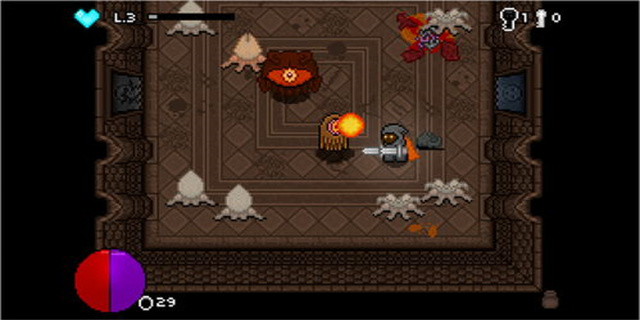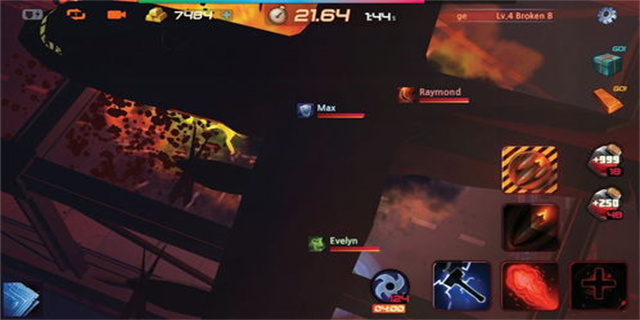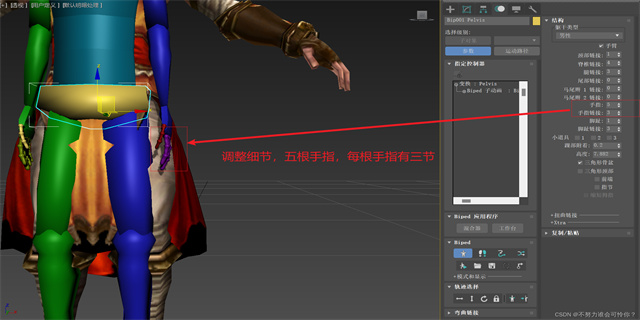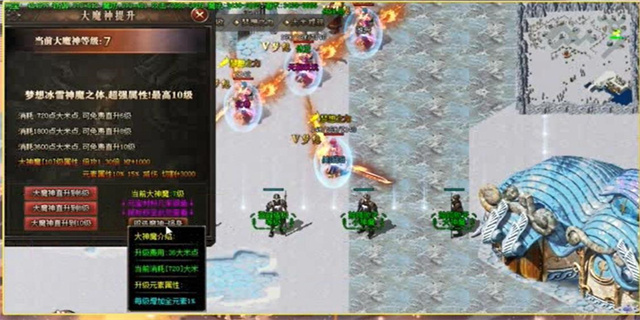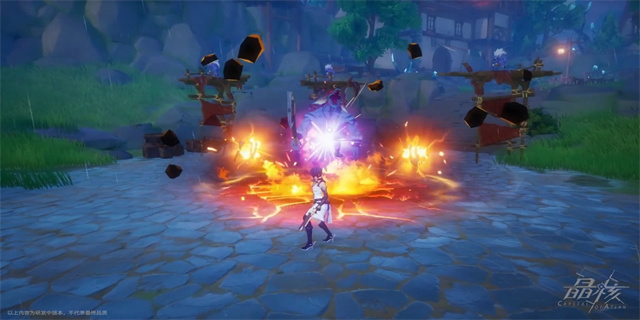teniodl(Teniodl An Advanced Deep Learning Framework for Image Classification)
Teniodl: An Advanced Deep Learning Framework for Image Classification
Deep learning has revolutionized the field of computer vision, enabling machines to perform complex visual tasks with unprecedented accuracy. With the growth of big data, more and more diverse image datasets are becoming available, which poses new challenges for image classification algorithms. Traditional machine learning methods, such as Support Vector Machines (SVM) and Random Forests, struggle to effectively leverage the wealth of information contained in these datasets. To address this issue, researchers have developed powerful deep learning frameworks, one of which is Teniodl.
What is Teniodl?
Teniodl is an advanced deep learning framework specifically designed for image classification tasks. It is an open-source library built on top of well-established deep learning frameworks, such as TensorFlow and PyTorch. Teniodl provides a high-level interface that simplifies the process of building and training deep neural networks for image classification. It offers a wide range of pre-implemented state-of-the-art architectures, as well as customization options for researchers and developers.
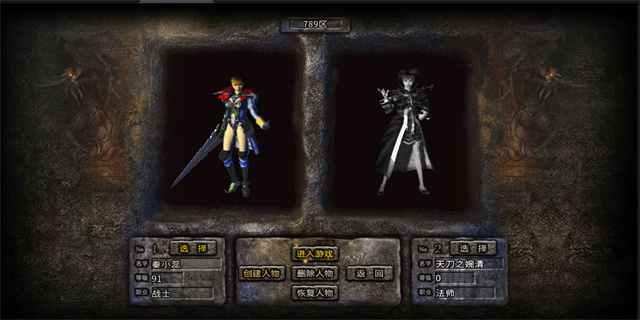
Key Features of Teniodl
1. Pre-trained Models: Teniodl comes with a collection of pre-trained models that have been trained on large-scale image datasets, such as ImageNet. These models are capable of achieving high accuracy on various image classification tasks out-of-the-box, without the need for extensive training. Users can easily fine-tune these pre-trained models on their specific datasets, saving valuable time and computational resources. 2. Transfer Learning: Teniodl enables transfer learning, which allows users to leverage knowledge learned from one task to improve performance on another related task. This is particularly useful when working with limited amounts of labeled data. By transferring knowledge from a pre-trained model, users can achieve better accuracy with less training data. 3. Customizable Architectures: Teniodl provides a flexible and modular architecture design, allowing researchers and developers to easily customize and experiment with different neural network architectures. The framework supports a wide range of layers, including convolutional, pooling, and fully connected layers. Users can easily add, remove, or modify layers to suit their specific requirements. 4. Data Augmentation: Teniodl offers a variety of data augmentation techniques, such as random cropping, rotation, and color jittering. These techniques help to artificially increase the size and diversity of the training dataset, reducing overfitting and improving generalization performance. 5. Distributed Training: Teniodl supports distributed training across multiple GPUs and machines, allowing users to train deep neural networks on large-scale datasets efficiently. This significantly reduces the training time and enables the exploration of larger architectures. 6. Visualization Tools: Teniodl provides built-in visualization tools that facilitate the analysis of deep neural networks. Users can visualize the learned features, intermediate activations, and gradient flows, aiding in debugging and understanding the behavior of the model. 7. Easy Integration: Teniodl can be easily integrated into existing deep learning pipelines. It seamlessly interoperates with popular deep learning frameworks, such as TensorFlow and PyTorch, allowing users to leverage their existing codebase and infrastructure.
Conclusion
Teniodl is a powerful and advanced deep learning framework for image classification tasks. Its high-level interface, pre-trained models, transfer learning capabilities, and customization options make it an ideal choice for both researchers and developers. With the ever-growing availability of diverse image datasets, Teniodl provides a reliable and efficient solution for tackling complex visual tasks. By leveraging the capabilities of Teniodl, we can expect further advancements in the field of computer vision and image classification.

Teniodl: An Advanced Deep Learning Framework for Image Class
2023-11-10
